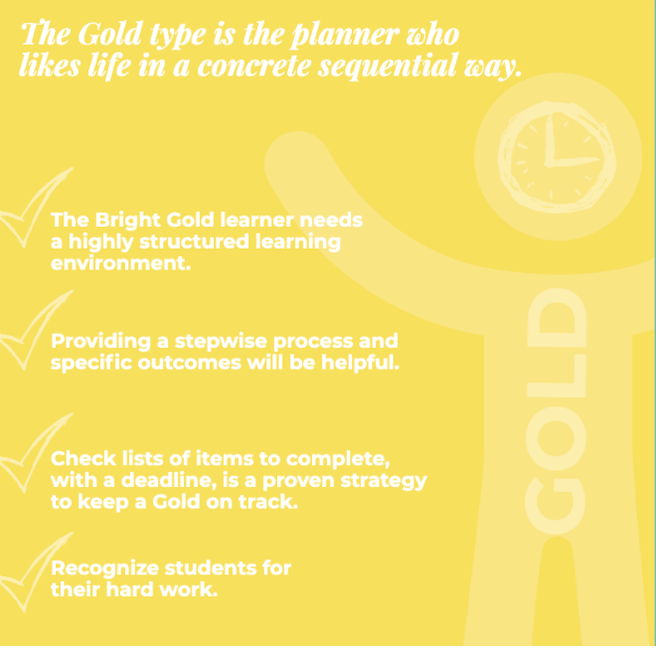February notes the beginning of Black History Month which has historically been a time to disrupt...
How to Develop Self-Awareness in the Workplace

Who can forget Felix and Oscar in Neil Simon’s classic The Odd Couple, or the mismatched characters on Friends? It is clear that people have different interests, communication styles, weaknesses and talents based on their own personal temperament. But team members sometimes forget about these individual differences at the office. When it comes to dealing with others, they often assume that co-workers have the same abilities, needs and learning styles as they do, leading to workplace stress and miscommunications.
As they begin their journey to self-awareness and emotional intelligence, team members learn to identify their intrinsic values and how they differ from the beliefs of their co-workers. They find ways to pick up on tell-tale non-verbal communication cues that point to how their associates learn and how they prefer to participate with the team.
Self-awareness matters, because once people begin to understand themselves they can play to their strengths and weaknesses, practice mindfulness, and appreciate the differences in their co-workers. Additionally, they can develop habits and behaviors to help them succeed personally and professionally. Many companies use personality tests to help with self-awareness and embrace the traits of others.
Knowing Yourself is a Benefit
Developing self-awareness produces skills that can transfer over to personal relationships at home as well as in the workplace. When people become aware of their knee-jerk reactions, blind spots and habits, they can take steps to develop healthier beliefs and behaviors. By achieving a true understanding of their own values and motivations, self-aware people can eliminate the resentments they harbor. People become willing to consider other points of view by understanding their personality and how it influences their actions and responses in various situations.
Increased self-awareness and appreciation of the strengths of others can increase meaningful communication as teams work together to get the job done. Self-aware employees gain self-esteem, resulting in better performance and improved productivity. With self-awareness, workers start on the path toward building respect and trust within the team and develop empathy for their customers and co-workers.
Self-Awareness for Team-Building
Organizations are increasingly moving from leadership hierarchies toward a bottom-up team structure where employee experience becomes ever more important. Team members are expected to collaborate with the group to achieve goals and exhibit leadership skills while interacting with people of different ages, ethnicities, backgrounds and temperaments. CEOs, CFOs, COOs and others designated as “chiefs” in their area are expected to work closely with one another now more than ever before. Self-awareness is an essential part of developing the high emotional intelligence needed for effective collaboration at the leadership level.
Teams that are composed of individuals with varied personality types perform better when every team member understands and embraces the differences of others. The team becomes a cohesive unit poised to achieve common goals. When people are able to identify their own feelings and behaviors, they become aware of how their personality traits, actions and unspoken beliefs can impact others. Individuals who know themselves are able to regulate their emotions when interacting with other people, and they tend to stay motivated as they work toward common goals.
How to Tell if You are Self-Aware
Here are some tips for finding out if you are self-aware:
- You recognize your feelings and are able to keep your emotions under control.
- You feel comfortable with yourself and know how to build positive relationships.
- You treat other people with empathy, kindness and respect.
- You have an understanding of how your actions affect others.
- You trust that you have the ability to overcome setbacks.
Using Temperament Theory for Self-Awareness
True Colors helps organizations create a culture of success where every employee feels understood and empowered. True Colors drives positive change in organizations around the world by encouraging leaders and staff to embrace individual personality differences by working to develop self-awareness. We use personality assessments based on proven temperament theory to teach leaders and co-workers about themselves and those around them for improved communication, engagement, collaboration and productivity.
When you partner with True Colors, an experienced Master Trainer will help evaluate your needs and set realistic, achievable goals. We help your organization thrive by implementing programs that meet challenges in leadership, team building and conflict. Our customized programs include online personality assessments, consulting sessions, workshops, live show events and keynote speaking engagements.



